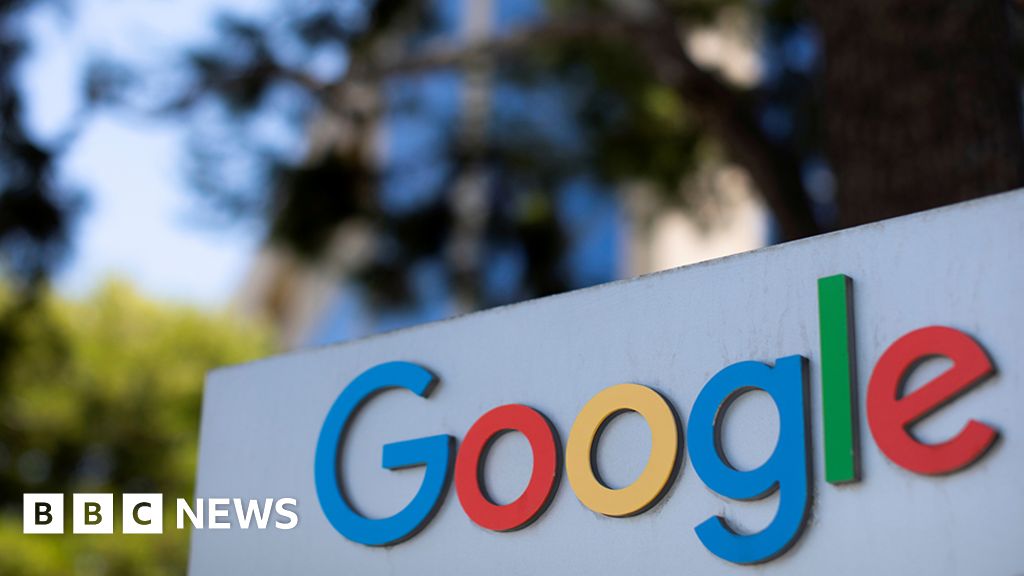AI🌪️Thursday Chronicles: Logitech's 4K Webcam Marvel, Google Engineer's Legal Tangle, Musk's OpenAI Email Saga, and Microsoft's AI Image-Generator Caution
1. Logitech's $200 4K MX Brio webcam with AI-enhanced image quality
2. Google engineer arrested for AI trade secret theft
3. Elon Musk's emails raise concerns for OpenAI lawsuit
4. Microsoft engineer warns about AI image-generator
Let's dive into details below 😊!
Embark on a journey through the realm of AI innovations. Logitech dazzles with a $200 4K webcam; a Google Engineer faces legal woes over AI trade secrets. Elon Musk's OpenAI lawsuit unfolds in revealing emails, while a Microsoft engineer sounds the alarm on an AI image-generator. Join us as we navigate the complex tapestry of artificial intelligence in today's rapidly evolving tech landscape.
1. Logitech's $200 4K MX Brio webcam with AI-enhanced image quality
Logitech's MX Brio, a $199.99 4K webcam, offers AI-based face enhancement, 8.5MP sensor with larger pixels, and a sleek design. With features like a privacy shutter and "Show Mode," it caters to remote workers and streamers. However, it lacks Windows Hello and 4K/60fps recording. Explore its advanced capabilities via Logitech's Options Plus or G Hub software. Available now, MX Brio complements Logitech's MX peripherals lineup.
/cdn.vox-cdn.com/uploads/chorus_asset/file/25319200/High_Resolution_JPG_MX_Solutions_MX_BRIO_ENVR_Macro_Pearl_Gray_669_wScreens.jpg)
2. Google engineer arrested for AI trade secret theft
Former Google engineer Linwei Ding is charged with stealing AI trade secrets for Chinese firms, facing up to 10 years in prison on each of the four counts. Ding, hired by Google in 2019, allegedly uploaded over 500 confidential files to a personal account. He worked secretly for Beijing Rongshu Lianzhi Technology and founded Shanghai Zhisuan Technology without informing Google. Ding is accused of presenting his AI business at a Chinese conference and attempting to enrich himself in the AI tech race. The case highlights concerns about theft of advanced technologies, impacting US-China trade relations.

3. Elon Musk's emails raise concerns for OpenAI lawsuit
Elon Musk's lawsuit against OpenAI faces challenges as the AI company releases emails suggesting Musk supported the for-profit pivot, contrary to public claims. Legal experts note the difficulty of proving Musk's argument without a written contract, making success unlikely. The emails may serve OpenAI in the public narrative but could distract the company from its mission. Musk, who invested in OpenAI during its founding, launched his AI company last year. Musk's lawyers declined to comment, and he responded to OpenAI on social media without addressing email contents, suggesting a name change to "ClosedAI" to drop the lawsuit.
4. Microsoft engineer warns about AI image-generator
Microsoft engineer Shane Jones warns regulators and the company about offensive content generated by AI tool Copilot Designer. He urges action, citing harmful images, political bias, and inappropriate content produced by the tool. Jones requests an investigation into whether Microsoft markets unsafe products without disclosing risks. Microsoft responds, appreciating Jones' efforts and recommending internal channels for reporting. Jones had previously posted concerns on LinkedIn, leading to Microsoft's legal team demanding the post's deletion. The larger issue involves the DALL-E model from partner OpenAI. Jones clarifies that ChatGPT, using OpenAI's safeguards, avoids similar harmful outputs. The AI image-generator landscape raises concerns about "deepfake" risks.
As we conclude our exploration into the dynamic AI landscape, these stories unveil the intricate facets of technology. From Logitech's visual marvel to the ethical challenges faced by industry players, the journey continues. Stay tuned for more revelations in the ever-evolving world of artificial intelligence. Your guide to the future awaits, ensuring you're equipped with insights as we march forward into the boundless possibilities of AI-driven innovation. Thank you for joining us on this captivating expedition, and until our next rendezvous, keep embracing the wonders of AI!









